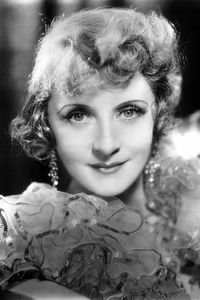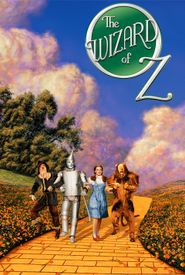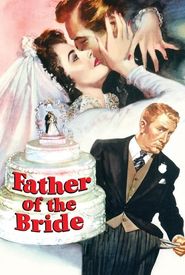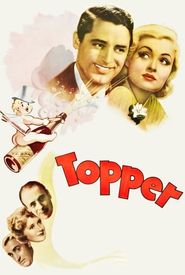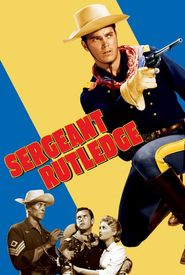Mary William Ethelbert Appleton Burke, later known as Billie Burke, was born on August 7, 1884, in Washington, D.C. Her father, Billy Burke, was an internationally renowned clown, and she spent most of her early years touring Europe before the family settled in London.
In 1903, Burke began her acting career on the stage, and in 1907, she moved to America to star opposite John Drew in the play "My Wife." Her striking red hair and charming beauty made her a sensation on Broadway, and in 1914, she married Florenz Ziegfeld Jr., a prominent promoter.
Burke's film career began in 1915 with the movie "Peggy" (1916),and she went on to make 14 films in New York over the next 15 years. In between films, she continued to work on the stage, which remained her first love. Her last films were released in 1921, and she entered semi-retirement until her fortune was depleted in 1929.
Burke returned to films to support herself and her husband, and it was in the comedy-drama "Dinner at Eight" (1933) that she found the character that would define her career. She played the hapless, feather-brained lady with the unmistakable high voice, who was more interested in little details than what was at hand.
In the 1930s and 1940s, Burke continued to make films, including "Piccadilly Jim" (1936),"Topper" (1937),"Topper Takes a Trip" (1938),and "Topper Returns" (1941). She also starred in the popular "Father of the Bride" series, which included "Father of the Bride" (1950) and "Father's Little Dividend" (1951).
Burke's most iconic role was as Glinda, the Good Witch, in "The Wizard of Oz" (1939). She continued to work in film throughout the 1940s and 1950s, but her career began to slow down in the early 1950s. She made a few more films, including "Sergeant Rutledge" (1960),and then retired for good.
Burke lived in Los Angeles, California, until her death on May 14, 1970, at the age of 85, due to natural causes.
